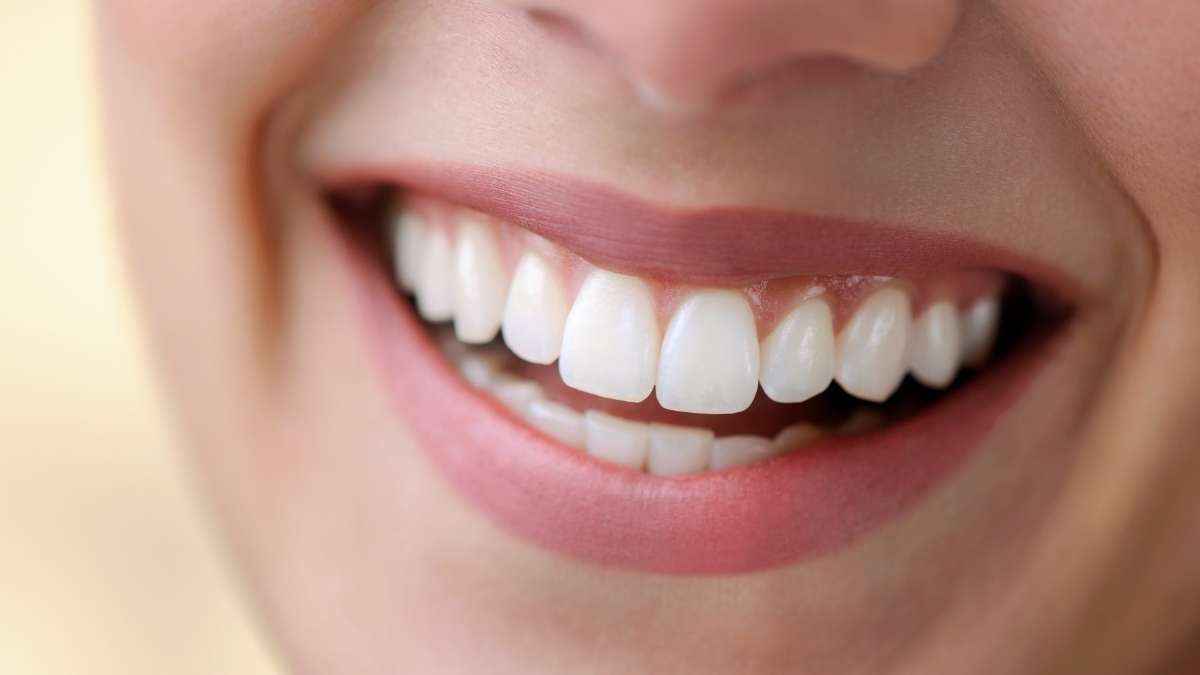Are your teeth looser or more sensitive than usual? That could be a warning sign.
Science has already identified several factors that compromise the strength and health of your teeth—going far beyond poor brushing habits. In this article, we’ll explore 8 scientifically proven causes that can make your teeth loose and weak — and how to avoid them.
🦷 1. Periodontal Disease (Gingivitis and Periodontitis)
The main cause of loose teeth in adults is periodontitis, a serious inflammation that affects the supporting tissues of the teeth. It starts as gingivitis (inflamed and bleeding gums) and, if left untreated, can lead to bone loss and tooth mobility. Smoking and poor oral hygiene are major risk factors.
🍼 2. Hormonal Changes (Pregnancy, Menopause)
During pregnancy, elevated levels of progesterone and estrogen can affect the periodontal ligaments, making teeth more susceptible to movement. The same can happen during menopause due to decreased bone density.
💊 3. Medications That Cause Dry Mouth
Antidepressants, antihypertensives, antihistamines, and other medications can reduce saliva production, which is essential for protecting teeth against bacteria and acids. Dry mouth increases the risk of cavities and gum disease, leading to dental fragility.
🍭 4. Excessive Sugar and Acidic Drink Consumption
Foods high in sugar and acidic beverages like sodas erode the enamel, making teeth more vulnerable to cavities and erosion. Studies show that prolonged exposure to soda can increase enamel surface roughness and reduce its resistance.
(source: arxiv.org)
🦷 5. Bruxism (Teeth Grinding)
Bruxism, especially during sleep, places excessive pressure on the teeth, wearing down the enamel and affecting the periodontal ligaments. This can result in loose teeth and even fractures.
(source: asssa.es)

🧬 6. Nutritional Deficiencies and Hypomineralization
Lack of essential nutrients such as calcium, phosphorus, and vitamins D and A can impair the formation and strength of dental enamel. Conditions like molar-incisor hypomineralization (MIH) make teeth more prone to fragility and decay.
(sources: en.wikipedia.org, theguardian.com)
🚬 7. Smoking
Smoking impairs blood circulation in the gums, promotes bone loss, and increases the risk of periodontitis. Studies show that smokers are more likely to suffer tooth loss due to the destruction of the bone that supports the teeth.
🧓 8. Aging and Systemic Diseases
As we age, there is a natural tendency for bone loss and decreased tooth density. Diseases like diabetes and osteoporosis also affect oral health, increasing the risk of tooth mobility.
🛡️ How to Strengthen Your Teeth
• Proper oral hygiene: Brush your teeth twice a day with fluoride toothpaste and floss daily.
• Balanced diet: Include foods rich in calcium, phosphorus, and vitamins D and A.
• Avoid harmful habits: Reduce sugar intake, quit smoking, and limit acidic drinks.
• Regular dental visits: Schedule periodic check-ups to detect and treat problems early.
• Use electric toothbrushes: They can be more effective at removing plaque.
✅ Conclusion
Loose or weak teeth are not just a cosmetic issue — they can be signs of more serious oral health problems. By understanding the causes and adopting preventive measures, you can maintain strong, healthy teeth throughout your life. Invest in good habits, see your dentist regularly, and use the right products for your oral care routine.




